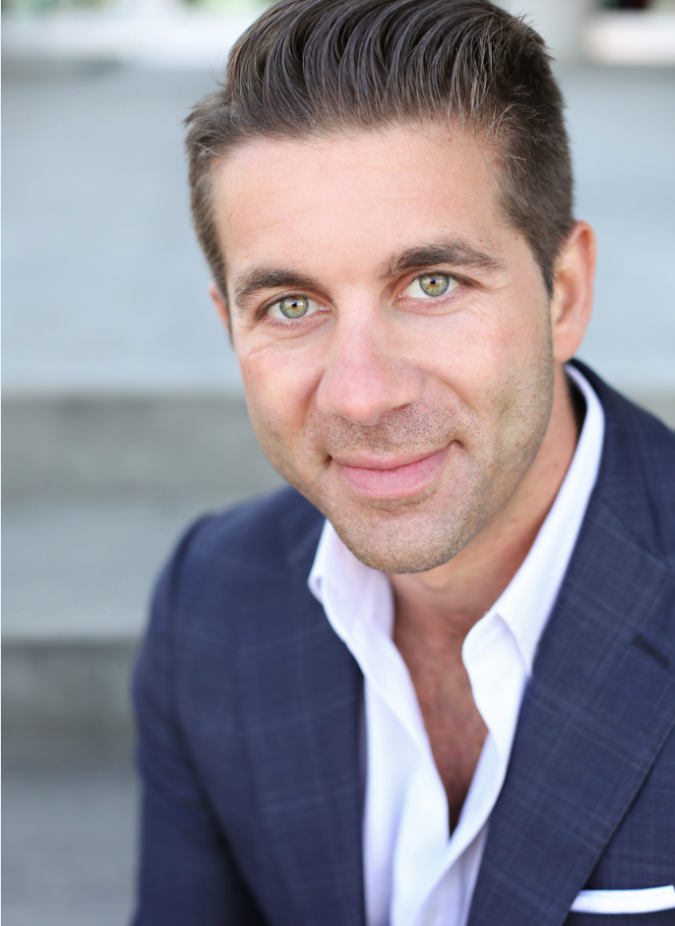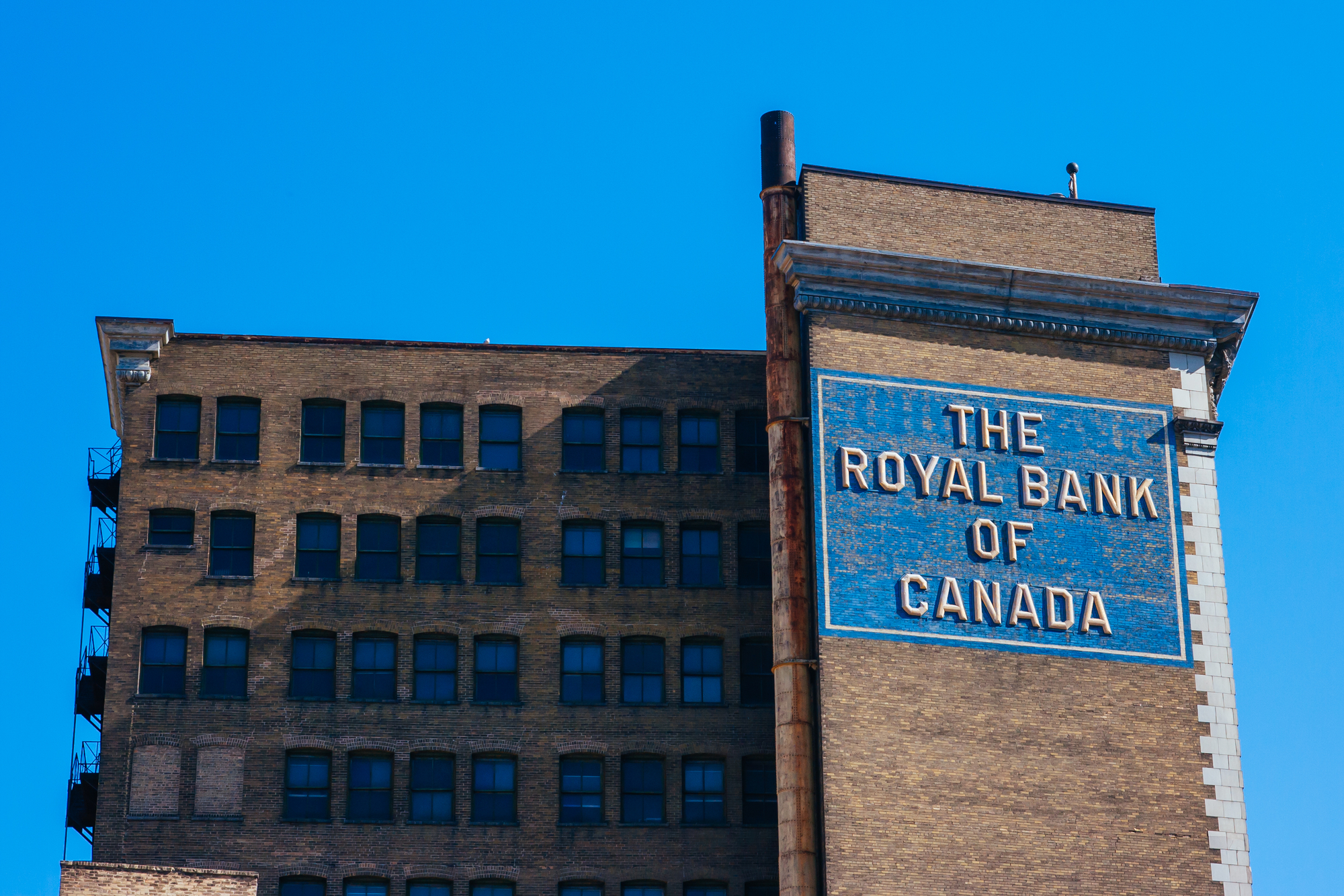Last Updated on October 24, 2023 by CREW Editorial
According to Canada’s latest census, 67.8% of Canadians own their own homes. If you’ve worked hard enough to count yourself amongst Canada’s homeowners, congratulations – you now own one of the most desirable assets in the world.
As we approach the end of this decade, interest rates are all all-time lows, and the US Federal Reserve and the People’s Bank of China are racing to out-print one other to avoid a cataclysmic debt default. This means the era of ‘easy money’ is not quite over. In an easy-money economy, hard assets like commodities, precious metals and property become increasingly valuable.
With major equities trading at all-time highs, corporate earnings in decline and Trump’s trade shenanigans ongoing, it’s never been riskier to enter traditional financial markets. While I’m sure your financial advisor would love it if you bought more commission-generating stocks, I’d like to present a strategy that can better capitalize on the low-interest era and generate passive investment returns through your golden years.
The equity optimization manoeuvre
If your home is valued around $1 million and you’ve paid off at least half of that, you’re now sitting on a $500,000 home equity nest egg. Now is a good time to put your biggest asset to work. To illustrate, here’s a real-life case study about a couple from BC’s Lower Mainland, Gordon and Cathy, who realized their dream of retiring comfortably in the Okanagan using just $500,000 in home equity.
Gordon and Cathy own a Coquitlam property valued at $1.2 million with $300,000 left on their mortgage. Since their kids moved out, Gordon and Cathy no longer need a 3,000-square-foot house on a quarter-acre property – and they’ve always had their minds set on retiring in the Okanagan.
They found a beautiful new 1,800-square-foot townhouse in vibrant South Pandosy Village with an asking price of $750,000. Using the $1.2 million sale proceeds from their Coquitlam home, they paid off their remaining $300,000 mortgage balance and moved to Kelowna, flush with $900,000 in cash. By negotiating a cash discount on their new townhome, they took possession with $200,000 in cash left in the bank.
So far, so good: They made it to the Okanagan debt-free. There was just one problem: Their monthly cash flow was inadequate to live the lifestyle of their dreams. Owning their own home felt nice, but they were left wondering if there was a better way forward. Cathy and Gordon happened to read an article of mine and contacted me for some advice. We sat down together to map out their options.
The plan
The first step was to unlock the huge chunk of equity tied up inside their largest asset, their home. Owning your own home is great, but it produces zero cash flow. In fact, homeownership costs you money in property taxes, home insurance and upkeep.
Gordon and Cathy were a little old-school; they didn’t like the idea of using leverage, but eventually decided that investing a piece of their home equity in high-yield instruments made good financial sense. This way, they would still own their home and benefit from an appreciating housing market while being free to make cash-producing investments.
Given the Okanagan’s growing population, low mortgage rates and the strength of the local housing market, they decided to buy an investment property in Kelowna.
The problem
Gordon and Cathy were no longer working, which means they couldn’t qualify for a new mortgage or a bank line of credit. Was this a dead end?
Hardly. I introduced them to a lending product through the chartered HomeEquity Bank that was created specifically for Canadians looking to improve their lives in retirement. The CHIP program lets Canadians access up to 55% of their home equity without paying any monthly payments – you read that correctly – until the property is either sold or passed on through the estate.
They qualified instantly for a $250,000 loan at a deferred 5% interest rate, which they used to purchase an income-generating property in Kelowna. These were the three options I mapped out for them:
1. A vacation property. The couple set their sights on a short-term rental property for $375,000 at Playa Del Sol, just down the road from their Pandosy townhome. They bought the property with 65% down using the $250,000 loan. Net of expenses and management fees, their vacation property generated more than $30,000 in cash per year.
A side benefit of owning this vacation property is that they can list it for rent on HomeExchange.com in the shoulder seasons of early June and late September, which lets them earn credits toward stays at member properties anywhere in the world.
2. A small apartment building. The advantage of multi-unit investment properties is that they’re financed using the bank’s commercial lending department. The decision to lend has much less to do with the borrower’s income and more to do with the income potential of the asset.
Typically, these properties are leveraged at 25/75, meaning Gordon and Cathy’s $250,000 loan would provide $1 million in investment capital. In this range, a turn-key building like a six-plex can easily rake in $80,000 to $90,000 per year in rent for an 8% to 9% cash-on-cash return.
3. A hands-off investment. A private equity fund called Cash Offer Canada buys distressed properties, fixes them up to force appreciation and then markets them as rent-to-own opportunities for purchasers who need a leg up toward homeownership. The fund targets 18% to 20% annual returns with a consistent hurdle rate of 12%.
Gordon and Cathy appreciated the idea of a steady $30,000 annual cash flow and watching their capital grow in the diversified fund. But what they liked most about this plan was not having to take out a new mortgage or do any property management.
Armed with knowledge and a willingness to do the uncommon, Gordon and Cathy were able to generate enough cash flow to enjoy life in their dream retirement spot. You might remember that they still have that $200,000 left over in the bank, too. It’s a good thing, because their kids just called – they need a loan so they can make a down payment on their first home.
 AJ Hazzi is a Kelowna-based investor and broker/owner of Vantage West Realty, a boutique agency specializing in serving investors with quality acquisitions and investor-focused property management. Contact him at info@ajhazzi.com or 778-765-0377, or visit vantagewestrealty.com.
AJ Hazzi is a Kelowna-based investor and broker/owner of Vantage West Realty, a boutique agency specializing in serving investors with quality acquisitions and investor-focused property management. Contact him at info@ajhazzi.com or 778-765-0377, or visit vantagewestrealty.com.








